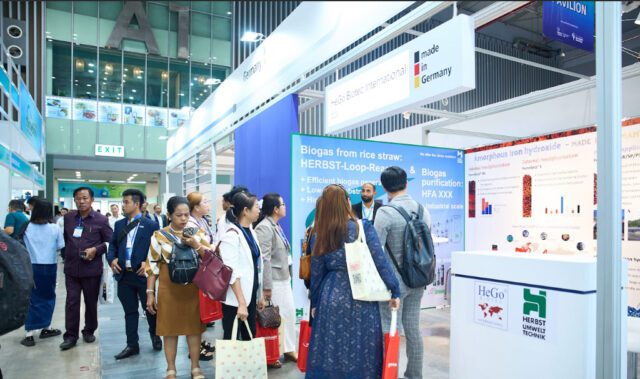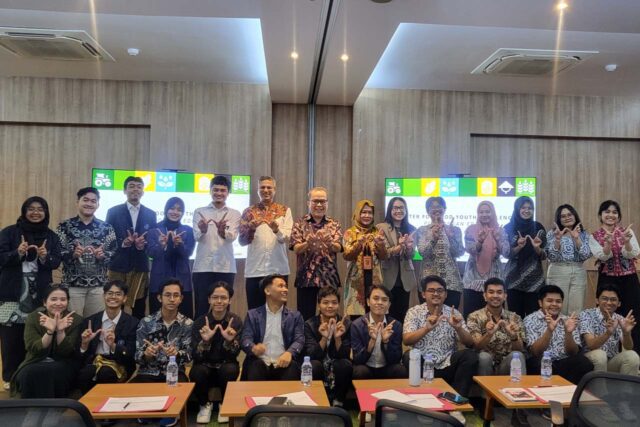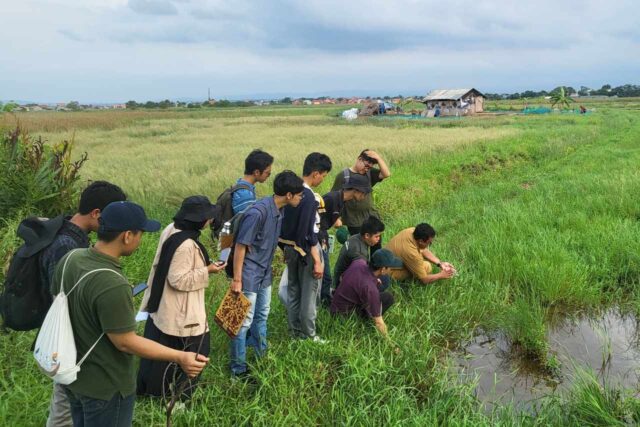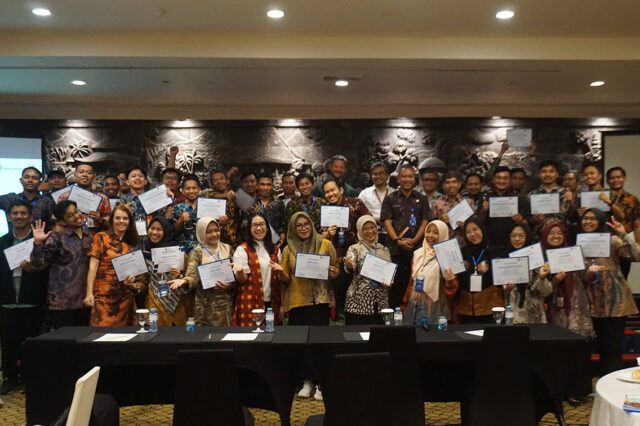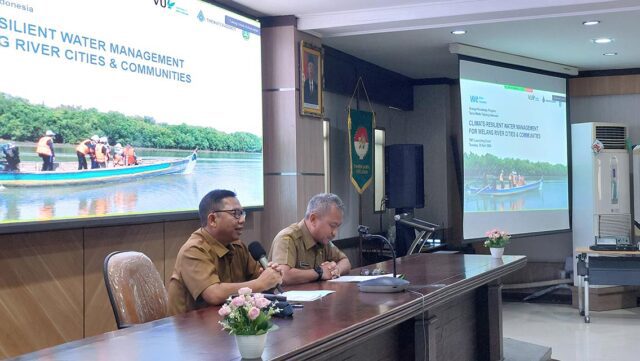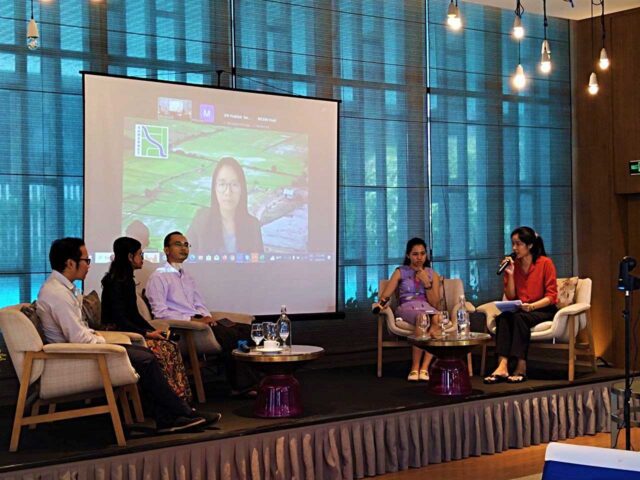From June 10-14, 2019, a workshop ‘Scoping the interventions for Thaketa township’ was organized in Yangon as part of the Urban Water track of the Partners in Business: Urban Water Logistics for a Greater Yangon (PIB UWLY) program. Previously a successful and insightful fieldtrip to Thaketa township was undertaken in March 2019. Now the consortium and local stakeholders have met again in Yangon to scope the interventions proposed and share the detailed action plans for the interventions that could be realized in the short term to make Thaketa climate resilient.

The workshop was organized as a deep-dive into the intervention arising from the weeklong, successful, field trip to Thaketa township in March. During the fieldtrip the consortium experts identified the most pressing water challenges that exist in the township, namely water supply, drainage and flooding:
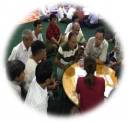
Water supply
In Thaketa there exists a shortage of piped water. So how can we ensure that all the inhabitants have easy and secure access to water? We identified that pricing for water in Thaketa is high, compared to other areas. Is it possible to offer it at a lower price, and if so how can we ensure there is enough?

Drainage
At many places in the streets the drainage is clogged. A waste collection system is in place, but much solid waste ends up on the street and consequently in the gutters, clogging the drainage and stormwater flows and leading to a situation where mosquitos can easily borne.
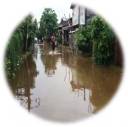
Flooding
Located between the Pazundaung Creek and Bago River, Thaketa is prone to flooding. The local inhabitants indicated small floodings on a weekly or sometimes daily basis in the rainy season. It is unclear whether the flooding results from rainwater, stormwater or perhaps as a consequence of clogged drains.
(Read more about our findings in March here: Working towards a Resilient Yangon, uncovering the water needs and challenges in Thaketa township)
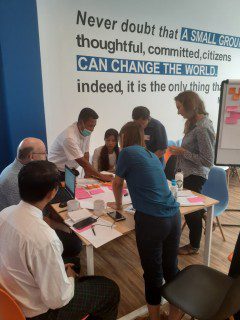
Building on these findings, in the week of June 10-14 the experts elaborated on the challenges identified and potential solutions were shared. The project scope was narrowed to a specific ward, Ward 5, which allowed us to continue on specific interventions, matching the local context. With the collaboration of Waternet, a public utility provider for the city of Amsterdam (NL), we had a water supply expert present, as well as a landscaping expert, engineer, architect and water resource management expert.
In order to ensure that the proposed interventions are locally grounded, the consortium invited the local stakeholders to join in for a discussion. For the brainstorm session on June 12, representatives from Ward 5 and the local Yangon City Development Committee (YCDC) township office also joined. In addition, the YCDC Water Resources and Water Supply Authority, Urban Planning Authority, Environmental Management Authority, Drainage and Waste Water Management Authority joined to share their thoughts on how the advice from the PIB consortium members can contribute to Thaketa becoming more resilient, with a secure and safe access to water.
Of all the intervention options discussed the participants were asked to make a ranking. Keeping in mind the local context, bankability, practicability and inspiration requirements as requested by the Yangon Regional Government, the following were the top 5 intervention issues:
- New water resources
- Storage of water
- Ensuring good quality
- Improving the drainage
- Organizing a public awareness campaign
During the rest of the week the PIB Urban Water members investigated the feasibility of the interventions proposed with the local stakeholders. 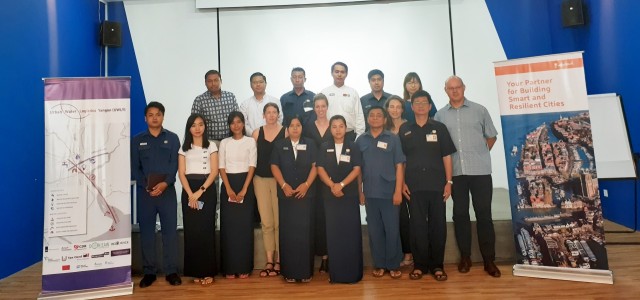
With these findings the PIB experts travelled back to Thaketa, scouting for locations to install the possible interventions, assessing the local feasibility and putting figures behind ideas. The result is a short list of interventions for Thaketa, an initial description of the interventions that we plan to do, with as much detail that we can add at this stage. At the moment the consortium is finalizing the interventions – we hope to share more details on them soon.
The next phase in the project is the establishment of a joint working group for Urban Water – in which the related departments of YCDC are joining. The role of the working group will be to ensure strong alignment and commitment as we move towards installation of practical interventions
Want to learn more about the PIB UWLY program or the Urban Water program specifically? Have a look at the Myanmar Water Portal for the latest news or get in touch via This email address is being protected from spambots. You need JavaScript enabled to view it.

